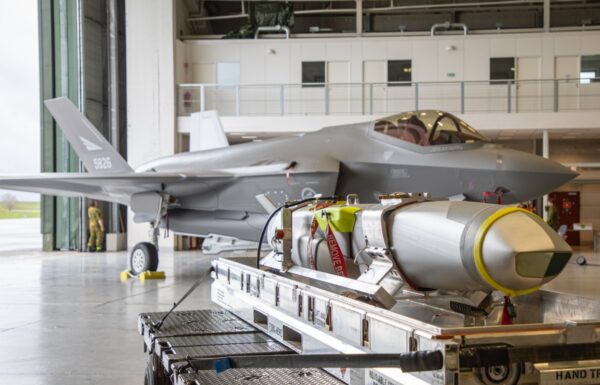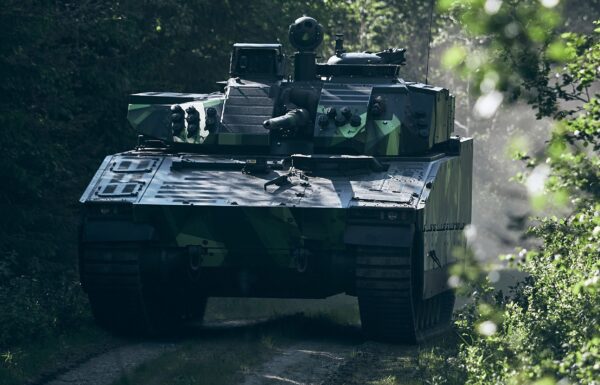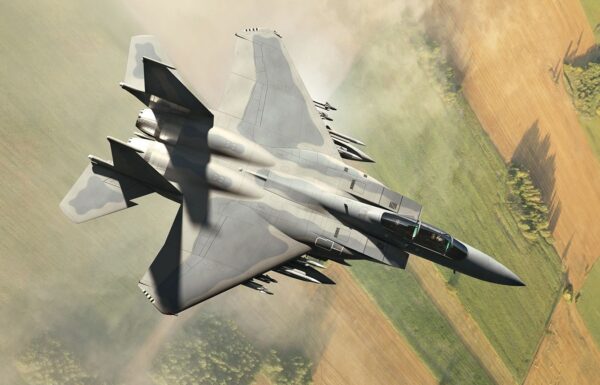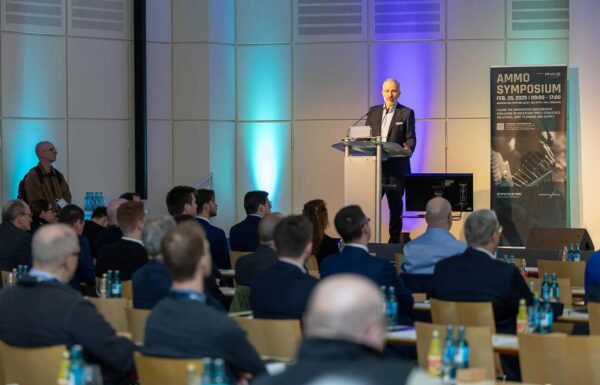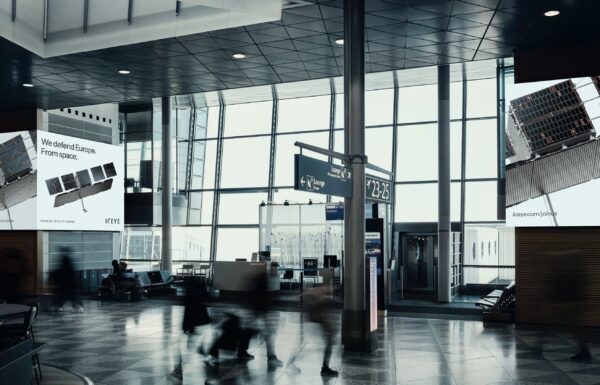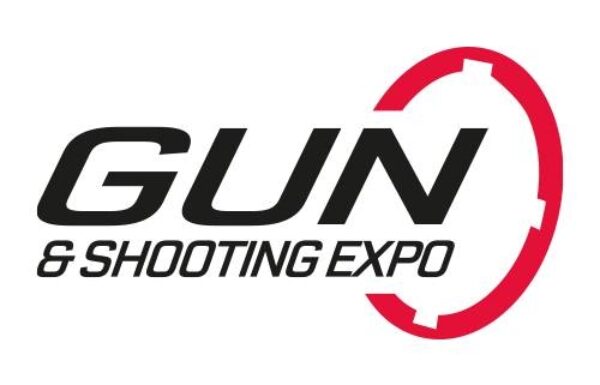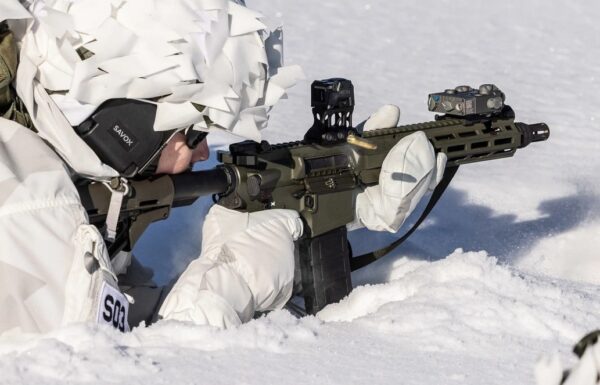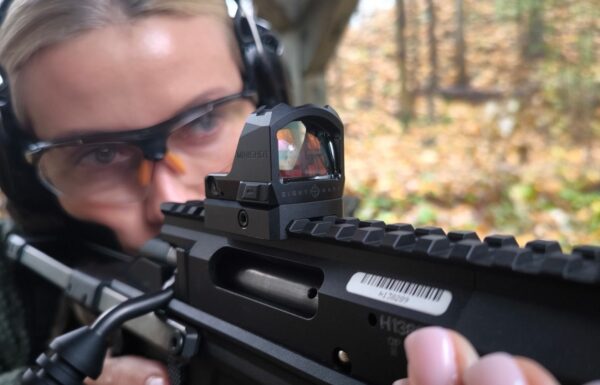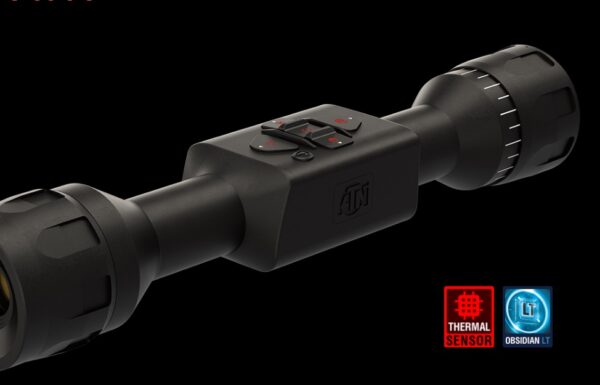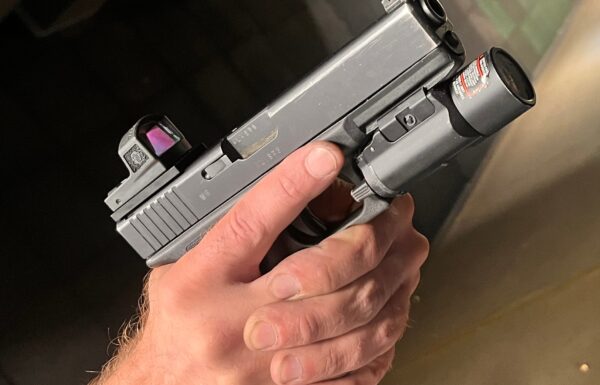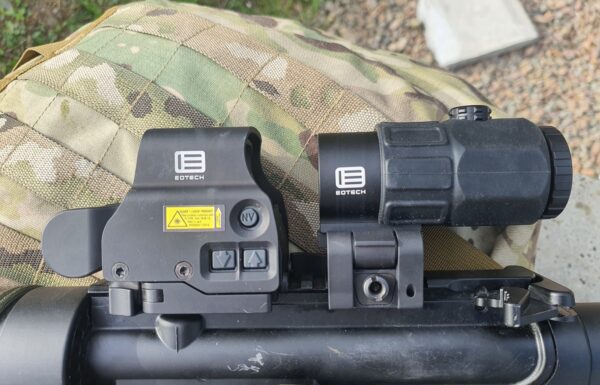On Monday, July 28, 2025, Israeli company Elbit Systems announced that it had received a 260 million USD order from Airbus Defence and Space Europe to supply DIRCM (Directed Infrared Counter Measures) self-protection systems for integration with German A400M-180 Atlas transport aircraft.
 Photo: Elbit Systems
Photo: Elbit Systems
The six-year contract follows a procurement decision issued by Germany’s Federal Office of Bundeswehr Equipment, Information Technology and In-Service Support (BAAINBw – Bundesamt für Ausrüstung, Informationstechnik und Nutzung der Bundeswehr) on June 6 of this year, authorizing Airbus Defence and Space to proceed as the prime contractor. The self-protection systems will be installed on 23 A400M-180 Atlas aircraft operated by the German Air Force.
The package includes Elbit Systems’ advanced digital radar warning receiver, an infrared missile warning system (IR MWS), a laser warning system (LWS), a countermeasures dispensing system (CMDS), and the J-MUSIC DIRCM (Directed Infrared Counter Measures) system from the MUSIC family. These technologies are designed to protect transport aircraft against infrared-guided missiles. Under the contract signed in June, Airbus will also provide related services, including training, service bulletins, and integration tools.
Airbus teams will integrate and install the DIRCM system components on all 23 aircraft during scheduled maintenance at company facilities in Manching, southern Germany, as well as Getafe and Seville, Spain. The systems will be delivered to aircraft assigned to tactical missions, including medical evacuation operations in crisis zones.
Airbus has already tested the DIRCM system in Seville on the first German A400M-180 Atlas. Certification is expected in summer 2025, and installation across all 23 aircraft is scheduled for completion by 2032.
DIRCM system customers include governments, air forces, and defense ministries in Israel, Germany, the Netherlands, Italy, and Brazil. Several leading aircraft manufacturers have also selected the system as the preferred DIRCM solution for integration into both new and upgraded platforms.
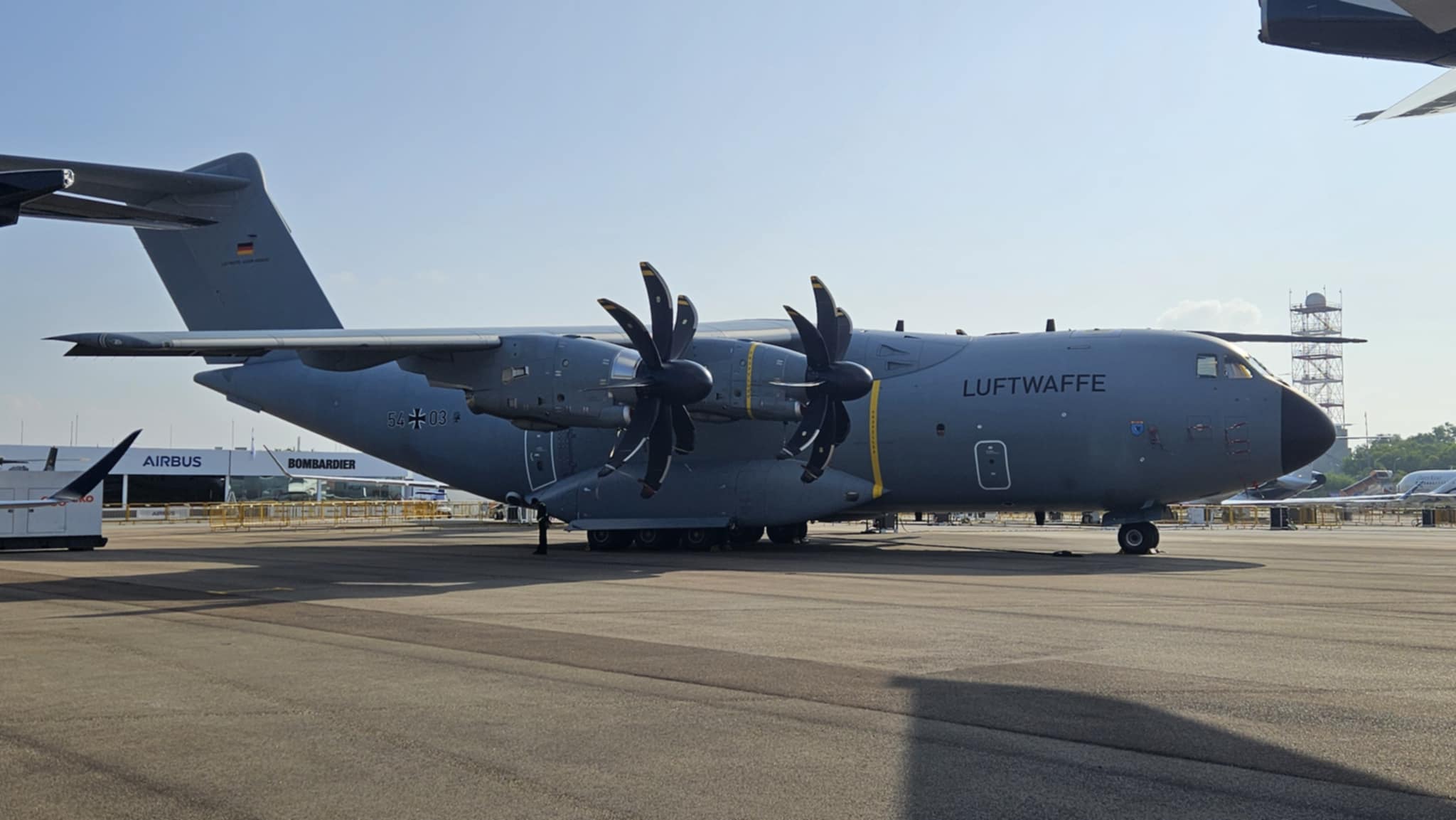 Photo: Jakub Link-Lenczowski, MILMAG
Photo: Jakub Link-Lenczowski, MILMAG
It is worth noting that on December 18 of last year, the Bundestag’s Budget Committee (Haushaltsausschuss) approved a request from the Ministry of Defence to fund the purchase of six DIRCM systems — for three Lockheed Martin C-130J-30 transport aircraft and three KC-130J Super Hercules aerial refueling tankers.
Bezhalel (Butzi) Machlis, President and CEO of Elbit Systems, commented:
“This contract further strengthens Elbit Systems’ position as a leading global provider of DIRCM solutions. Our systems are already trusted by numerous air forces and defense organizations around the world, and we are proud to support Germany in enhancing the protection of their strategic air assets. Our successful collaboration with Airbus DS on this important program is highly valued, and we are pleased that our advanced self-protection systems will contribute to the safety and operational readiness of the German A400M fleet.”
Airbus Defence and Space has so far delivered 48 out of 53 A400M-180 Atlas aircraft ordered by the Luftwaffe, intended to replace the now-retired Transall C-160 fleet. The first aircraft entered German service in December 2013. Ultimately, up to seven additional aircraft may be ordered under option clauses, which would make Germany the largest A400M operator in the world.
The German Federal Ministry of Defence also intends for 13 of the aircraft to be made available to other NATO countries as part of allied transport capability support. In the future, German A400Ms are expected to operate on up to 50% Sustainable Aviation Fuel (SAF), commonly referred to as biofuel.
Elbit Systems has been awarded a $260M contract by Airbus Defence and Space to equip Germany’s A400M aircraft with its advanced J-MUSIC™ DIRCM self-protection systems.
The J-MUSIC™ DIRCM system is part of Elbit Systems’ MUSIC™ family of airborne self-protection solutions,… pic.twitter.com/fwF7u6tatL— Elbit Systems (@ElbitSystemsLtd) July 28, 2025


